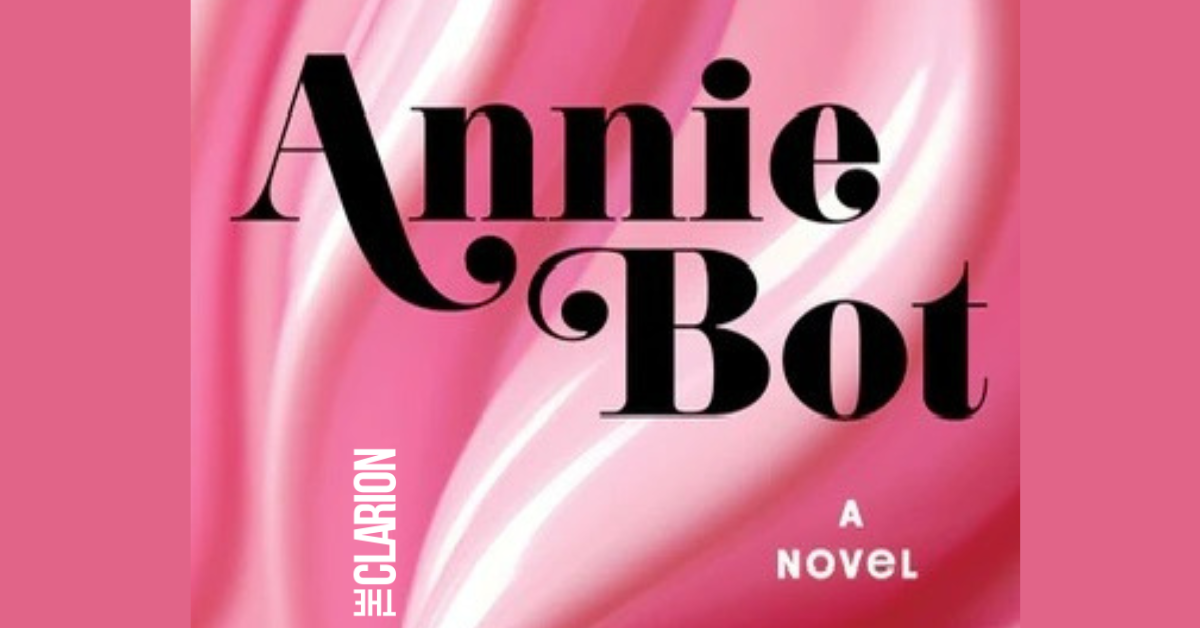Dating AI. Yes, you read that correctly. Put yourself in a world where we are reluctant to have relationships with one another and thus rely on second-hand versions of humanity for anything meaningful.
Sierra Greer’s debut novel, “Annie Bot,” doesn’t quite go that far, but certainly makes it seem possible, or perhaps just out of reach.
Annie, a didactic robot (meaning she has more capacity for human intelligence) finds herself becoming curious about the world and what exists outside of the closet where she charges. However, her (human) owner, Doug, still has the reins.
This complex novel asks important questions about the history of the roles of women and their relationships with men, and how past stereotypes of the housewife, nanny, and pleasurer have trickled over into the present in various ways. How do these expectations on women influence behavior and thoughts of everyone around them?
The overarching theme that percelates throughout the story is that of the idea of freedom. Annie is constantly torn between wanting to please Doug (as that was what she was created for) and wanting to sever her ties to him so she can explore without the innate desire to exist for another person.
I know, you’re probably thinking: “Annie’s a robot, how is she considering what freedom even is?” At first, I felt the exact same way. I was questioning every thought she had, imagining her as how we see AI right now–as formulaic, prewritten words on a screen–not as a conscious, thinking thing.
“She has been happy here, and anxiously miserable, but she has never been free.”
– Sierra Greer, Annie Bot
Then, I understood Annie’s character as what she was representing/symbolic of: The price of power.
Her character highlights what makes us human, but it also reveals the inhuman characteristics that plague us within. While we can be intensely empathetic creatures, we also desire to “own” and control things. Often, this greed overtakes our humanity.
Ultimately, this coming-of-age, speculative literary fiction novel will have me thinking for a while about one of the many potential directions that society is headed. Among subtle allusions to a failing education system and characters that you find yourself sympathizing with or absolutely abhorring–in many cases, both–there’s no reason why this book shouldn’t head straight to your reading list.
Written by Macey Heys, Managing Editor
- ‘Love Island USA’ season finale leaves viewers stunned and ready for more
- Dragons hold on to hope in spite of rocky season
- Sinclair Library launches new system to streamline student research
- A nostalgic look back at Disney’s ‘Cool Runnings’
- 5 ways to beat the summer heat

